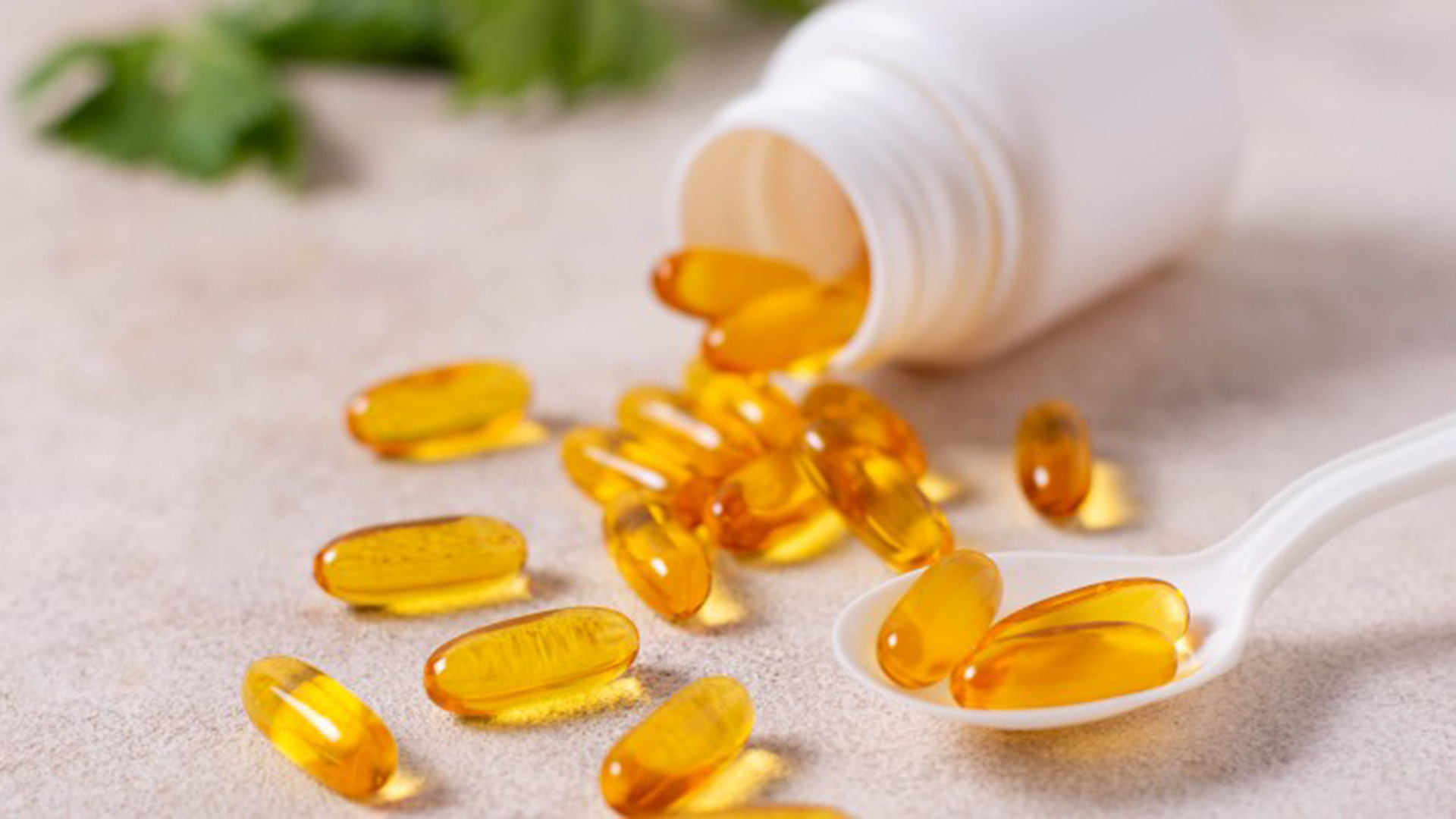Vitamin D is a fat-soluble vitamin that is mainly received from the sun, however can also be sourced through certain food items like egg yolks, salmon and red meat. When exposed to the sun, the skin cells in the body use the sun’s ultraviolet (UV) rays to convert cholesterol into vitamin D. The vitamin is important for the body as it improves strength in muscles and joints, prevents health ailments like heart diseases and high blood pressure, as well as boosts moods and the immune system. Additionally, vitamin D also contributes to eye health and prevents dry eyes, glaucoma and cataract. When the body does not receive the adequate amount of vitamin D needed, the issue can lead to muscle pain, weakness in the bones, fractures and weakened muscles, which can take a toll on a person’s day-to-day activities and life. Even though the UAE experiences sun throughout the year, vitamin D deficiency is a common issue faced by many individuals, and around 90% of people in the region are deficient in vitamin D. To maintain vitamin D levels, exposure to the sun is essential for at least 20 minutes a day during peak hours, and without preventive measures like sunscreen. To get a better understanding of the issues caused by vitamin D deficiency, Connector spoke to specialists in the UAE as well as to get insight into how to better remedy it. Vitamin D is a critical vitamin that is required for the body and is linked to maintaining the health of the bones. When the body does not receive the required vitamin D, it takes its toll on a person’s bones and joints, leading to weakness. However, when the body does receive the right amount of vitamin D, it is able to better absorb calcium and phosphorus, which are critical in strengthening bones. Vitamin D has also been linked to reducing cancer cells and preventing infections in the body. Dr Mohamed Ahmed Raslan Omar, Specialist Internal Medicine at Burjeel Hospital in Abu Dhabi said, “Vitamin D is a vitamin in our bodies that aids in the formation and maintenance of healthy bones. Vitamin D also regulates a variety of other bodily activities. Its anti-inflammatory, antioxidant, and neuroprotective characteristics help to maintain immunological function, muscular function, and brain cell functioning.”
The UAE is known for its hot and sunny climate, however, as most people spend time indoors, it contributes to the body not getting the right amount of vitamin D needed.
Exposure to sunlight: During the summer months when the temperatures rise in the UAE, most people avoid the outdoors at all costs as they are not wanting to experience the humidity. However, doing so can lead to the body not receiving the required amount of vitamin D. Additionally, as sunscreen creates a barrier to protect from the harmful UV rays of the sun, it leads to the time spent outside not being enough to get the needed vitamin D. To get the vitamin D required into the body, individuals need to stand in the sun without sunscreen for around 20 minutes every day.
Dr Mohamed Ahmed Raslan Omar of Burjeel Hospital said, “Exposure to sunlight is important. The best time to absorb sunlight is between 10am and 3pm. During this time, 40% of the skin surface needs to be exposed to the sun.”
Eating nutrient-rich meals: Food plays a vital role in the overall well-being of an individual. Consuming unhealthy and junk food leads to an increase in health issues. Not a lot of food items help in increasing the count of vitamin D levels naturally, however, there are a few that do contribute to maintaining vitamin D levels. Dr Mohamed Ahmed Raslan Omar of Burjeel Hospital said, “Vitamin D is not naturally found in many foods, but you can get it from plant and animal-based foods including oily fish such as salmon, sardines, herring and mackerel, red meat, egg yolks, cod liver, fortified milk and cereals.”
Vitamin D deficiency affects around 90% of the people in the region and 60% to 70% of individuals worldwide, making it a common issue faced by many. Taking regular tests will give information of vitamin D levels in an individual, and taking supplements, eating healthy and getting enough sun exposure, can help ensure the right levels are maintained, and avoid long-term ailments in bones and joints.
Read Full Story: Connector


